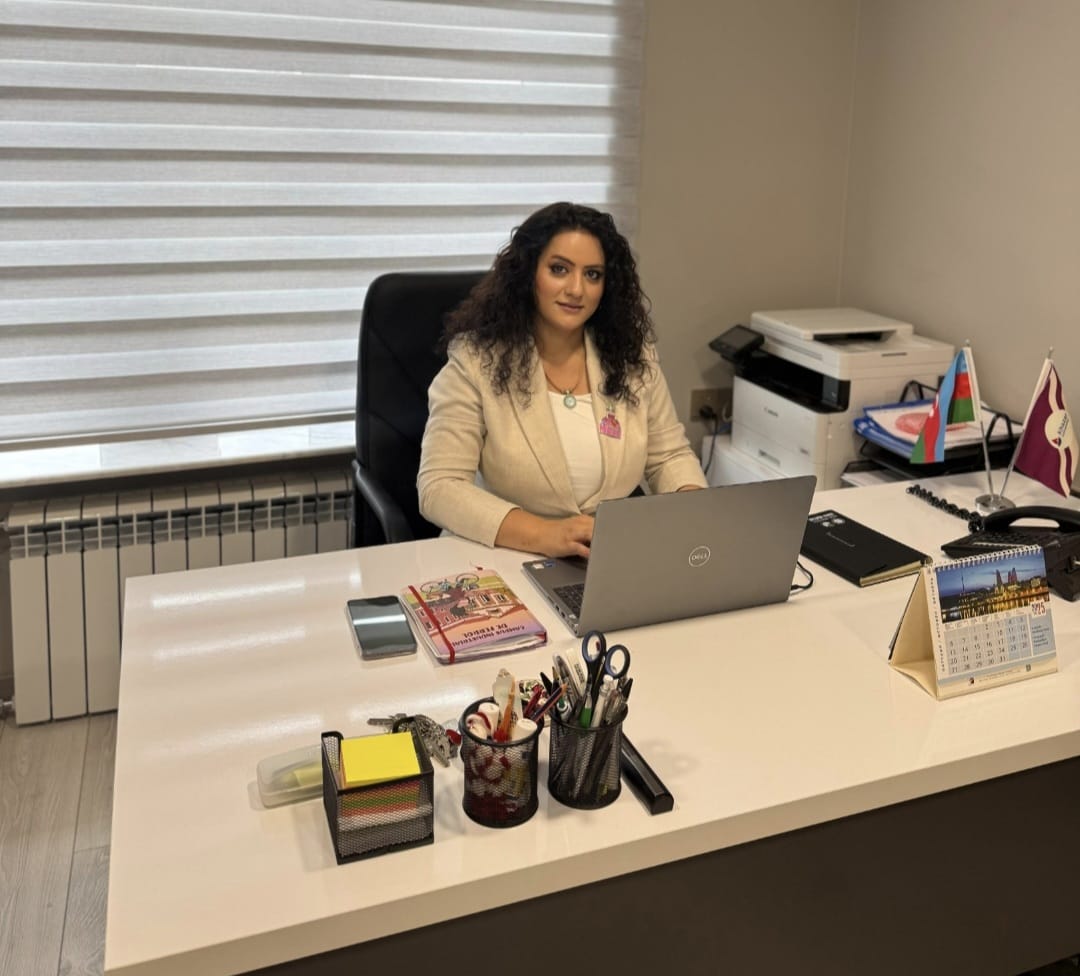 Farida Tatardar - Associate professor
Farida Tatardar - Associate professor
Head of Department of Physics and Electronics
PhD in Physics (Azerbaijan National Academy of Sciences)
MS in Physics (Baku State University, Azerbaijan)
The Department of Physics and Electronics was established in 2010. The curriculum was planned to provide a sound professional education for the students. After completing courses in basic sciences, students are offered major courses. Practical experience is required for the degree and accordingly, students are required to undertake summer practice. Elective courses are offered to enable the students to advance their knowledge in specific fields.
Electrical and Electronics, Telecommunications and Radio Engineering encompasses a broad range of fields concerned with leading-edge technologies in many applications. Electronics, telecommunications, and radio engineers design and create devices, systems and equipment that use electricity either as a form of energy or to carry information. Emphasis is placed on underlying principles and techniques so that
graduates will be able to learn and seamlessly adapt to new technologies when they emerge to face future challenges. This program embraces electronics, telecommunications, and radio engineering and thus, provides graduates with a wide range of fundamental knowledge in core disciplines such as signal processing, micro-electronics, communications, control systems, radio frequency design, microprocessors, and power generation.
Electronics, telecommunications, and radio engineers require an understanding of mathematics and physics as well as a wide range of electronic technologies. In this program students gain a deeper understanding of physics, mathematics and computer programming while being introduced to basic principles of electronics and telecommunications. Throughout the program the emphasis will shift towards learning new and more advanced electronics technologies. Employment opportunities are available in a diverse variety of growing fields such as renewable energy, radar and remote sensing, biomedical engineering, defense, information security, and telecommunications
The department has new, modern laboratories to prepare the specialists with high qualifications. Following are possibilities in the laboratories:
